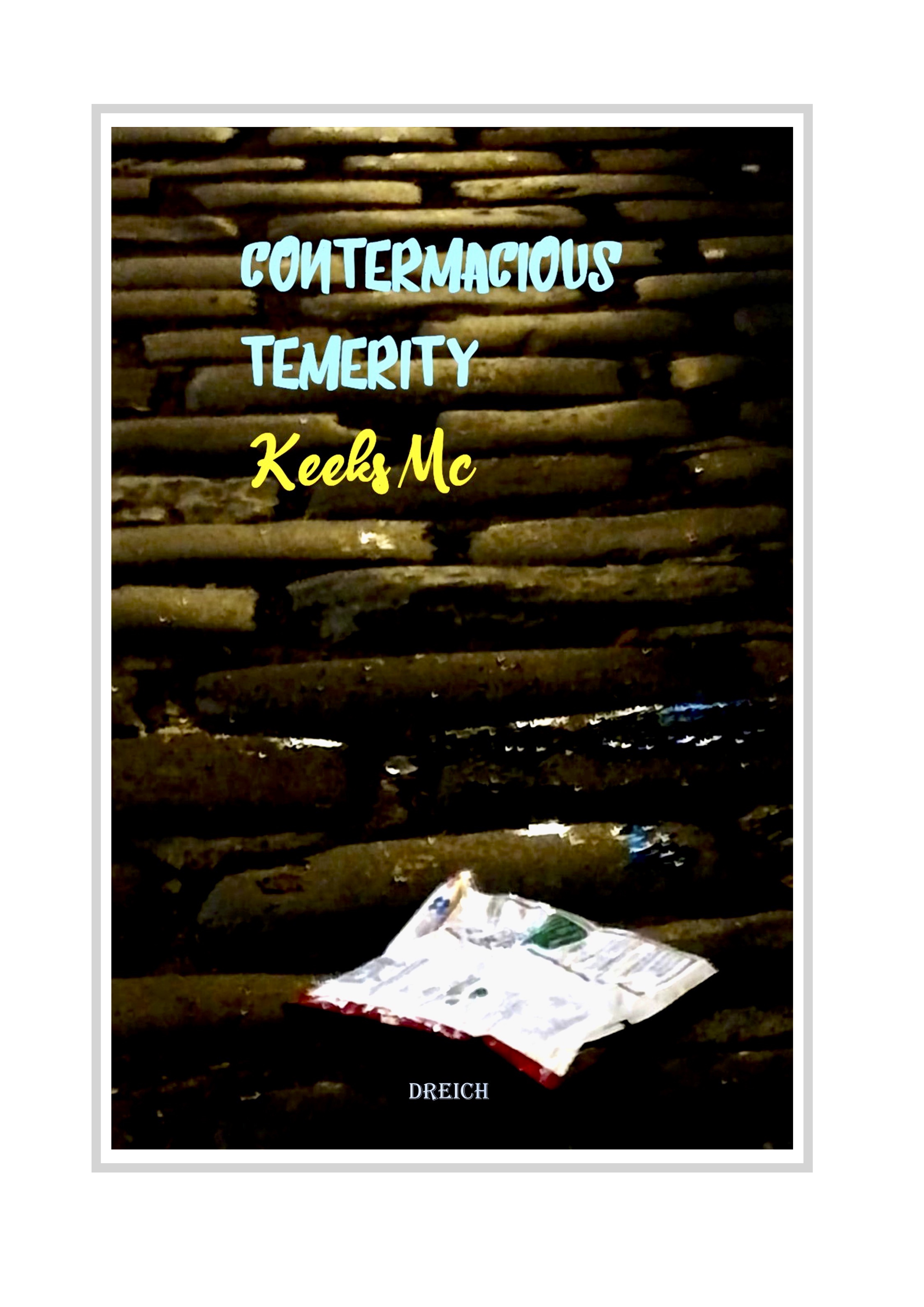This is one of a number of pieces covering events at the Edinburgh International Book Festival, which runs from 10th – 26th August 2013 at Charlotte Square Gardens, Edinburgh.
by Mark West
When Meg Wolitzer read from her new novel The Interestings today at the Edinburgh Book Festival, she described the “long evaporated year” of 1974, when a group of then-teenagers spent a summer together at a camp ran by a couple – he bearded and braces-wearing, her Marimekko-attired – and where they spent their time making batik and tie-dye and performing Peter Weiss’s Marat/Sade. In such bucolically bohemian surroundings, these teenagers – thrust together but delighting in each other’s company, the exhilaration and excitement of “the moment you find your people, your cohort” – talk in a tone that makes irony seem “like a previously unavailable summer fruit”. The name they give themselves – The Interestings – is a knowing smirk at the very action of naming their group anything at all. This is quite daring of Wolitzer; is the novel itself only ironically interesting, just like the group? No. Rather, Wolitzer places the question of interestingness, of specialness, in question. At one point in the discussion, Wolitzer touched on the way American children are brought up, and asked “why is specialness the only way to be?” The eternal question – how long do you keep doing something without reward before you give it up? In the novel, she said, this leads her to explore how comparisons breed inadequacies, and how talent – accompanied by “quiet envy” and the gold-dust of luck – develops through time.
Time thus became central to the discussion, as well as the Q&A. Wolitzer mentioned Michael Apted’s 7Up series as an example of the way an art-form can chart the passage of individuals through time, although she noted that such passages are rarely experienced as linear; talented kids don’t necessarily become talented adults. In response to a question about the time jumps in the novel, Wolitzer’s answer was quite simple: “flashbacks are fallacious”, she said, because “the mind goes back and forth” all the time, “time is fluid”. She pointed out that during the reading, us in the audience might think about what we had for breakfast this morning, or if we were bored our minds would wander elsewhere or if we were really interested our minds might move into areas they wouldn’t normally, perhaps back to our own formative summers. Time here is the internal time consciousness bequeathed by Edmund Husserl to the stream-of-consciousness modernists, Virginia Woolf in particular, whose writing’s “freedom and beauty” Wolitzer loves. If she’s interested in the way groups of friends move through their lives, she rejects the idea that they are constantly together, constantly in contact: “that’s a TV idea”. She couldn’t have written this book when she was younger, she said, because “you don’t take the long view until you’re there.”
Although The Interestings is “a wistful novel” in many ways, the characters’ lives are underpinned by political and social changes. Wolitzer talked about her own experience at summer camp, and noted that while it continues today, the role of such camps in American society has changed. While in her childhood – she told us she is the exact same age as her characters, and like them went to a camp in 1974 – summer camp was a place of pure creativity “for the sake of itself, for pleasure”, now they feel the need to advertise courses in web design and the like and offer a selection of activities which are quantifiable in terms of career-oriented goals. She was very conscious when writing the novel of the changes in American society caused by such Reaganite monetarisation and the devastations of AIDs, she said.
Wolitzer is interested in the way lives are labyrinthine, and the element of mystery this breeds is something she wanted to capture in her novel, not just thematically but formally too, for the reader: there’s something “illicit” about reading, she said, and she wanted to write a book that was a real pleasure to read.




Leave a Reply